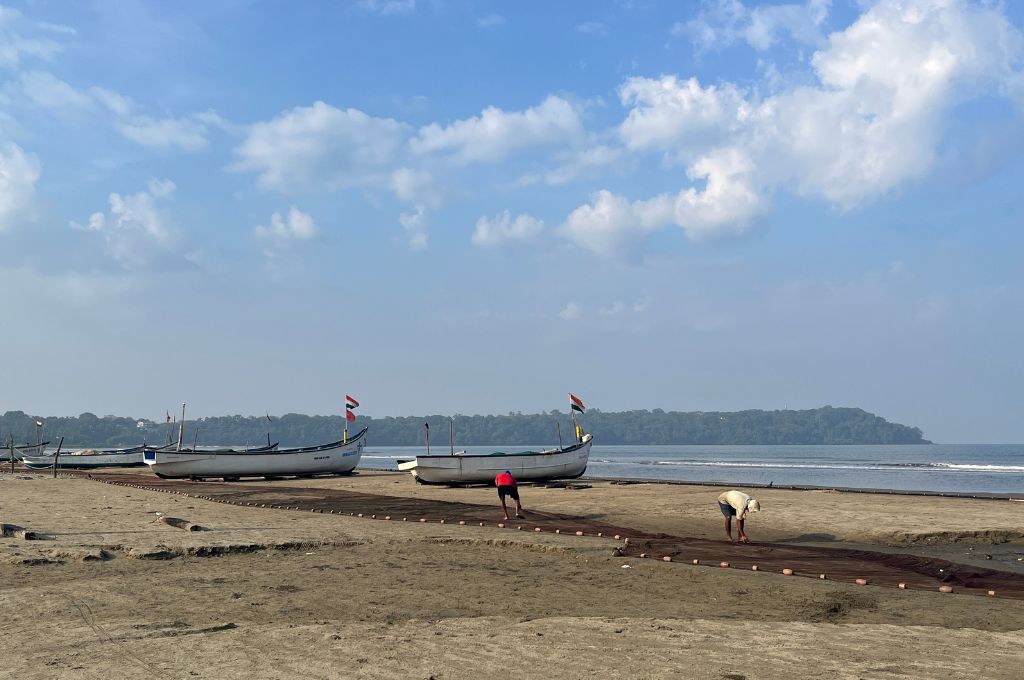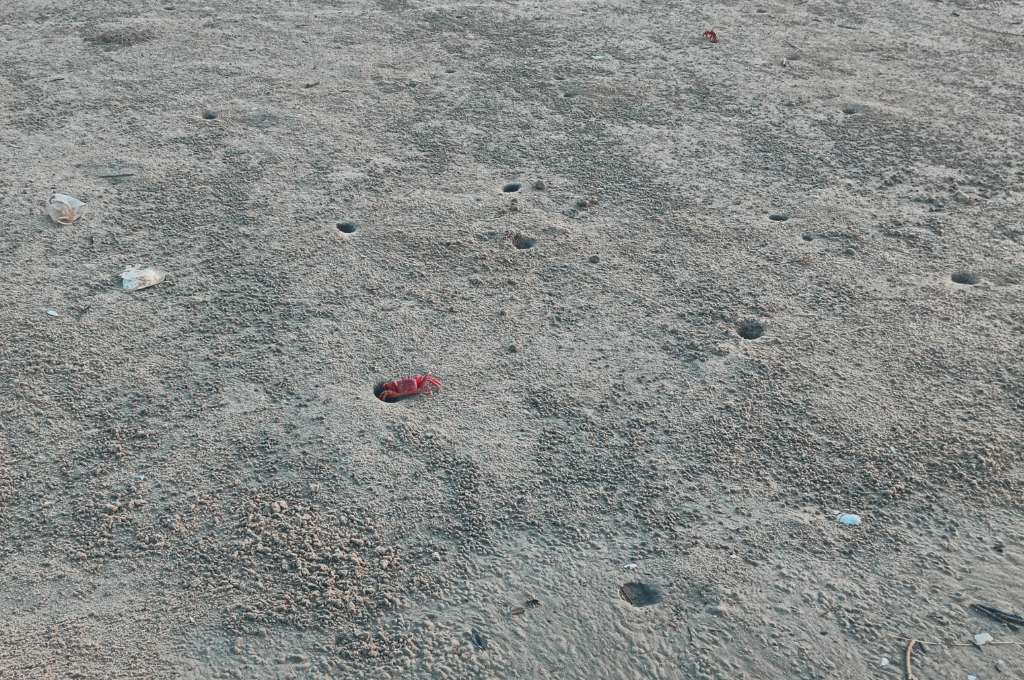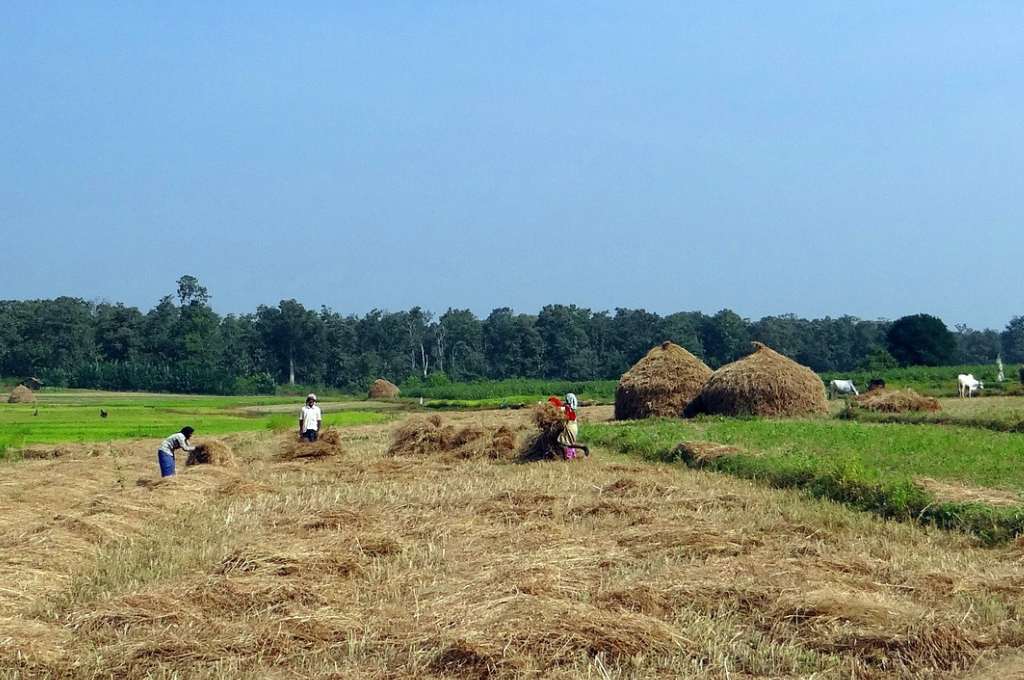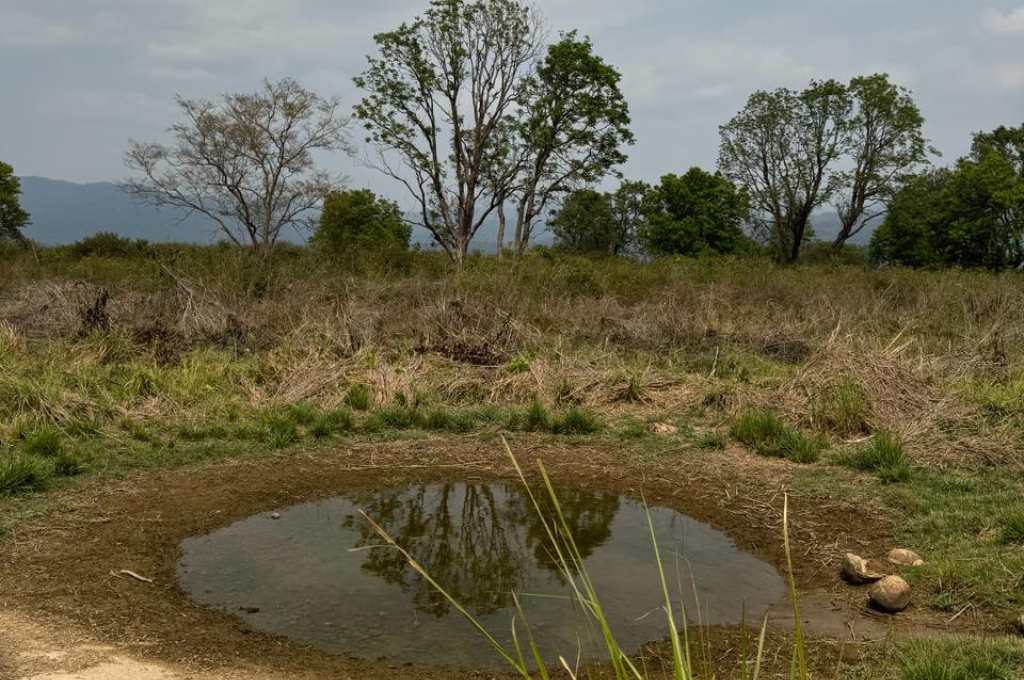If it’s Idukki, it must be Malayalam: The language of land rights
In the 1980s, when I was growing up in Marayur village in Kerala’s Idukki district, not many people from my native Hill Pulya community were formally educated. Even the handful who did study went to Tamil-medium schools that populated our district because it borders Tamil Nadu. Our community members could not read or write in Malayalam, the official language of the Kerala state government. How could we read government documents, understand laws, and fight for our rights?
We were landless bonded labourers in the fields of an upper-caste community in our village. They would drag us out of our houses if we refused to go to work. The land that the upper-caste people claimed as theirs was actually government land, but we didn’t have the means to contest this. Things came to a head when they filed a case in the Kerala High Court stating that Hill Pulyas are not a scheduled tribe.
We decided that something had to be done. Young people like me reached out to the moopan (leader of the community), and we all agreed that our children must receive Malayalam education. By then I was working as an assistant at a government office, where I had made some contacts among the officials. With their help, we admitted 18 children from the community to model residential schools of the Kerala government. The children got to step out of the village and stay and study in different districts in the state, which also helped them experience a life away from the untouchability practised against them in the village. Out of that first batch, six students went on to complete their graduation.
Eventually, with the help of our young, educated people, we won that court case and were granted scheduled tribe status. Since then, we have been involved in multiple protests for our rights. In 2001, the Hill Pulyas along with 35 other tribes protested against the state government, which promised to provide one acre to five acres of land to each family that belongs to a tribe. We were finally allotted land in Kundala village in 2002, but it was already leased out to Hindustan Newsprint Limited till 2007. We brought this issue up with the authorities and reached an agreement that our community would migrate to Chinnakanal village. We were given 2.5 acres of land per family, and it is here that we now grow vegetables, cardamom, and black pepper.
Arjunan is a farmer and educator in Idukki district, Kerala. Arathy Prakash, a Gandhi Fellow, helped in translating the conversation from Malayalam to English.
—
Know more: Learn why Hindi-speaking migrant workers are in demand in Madurai.




